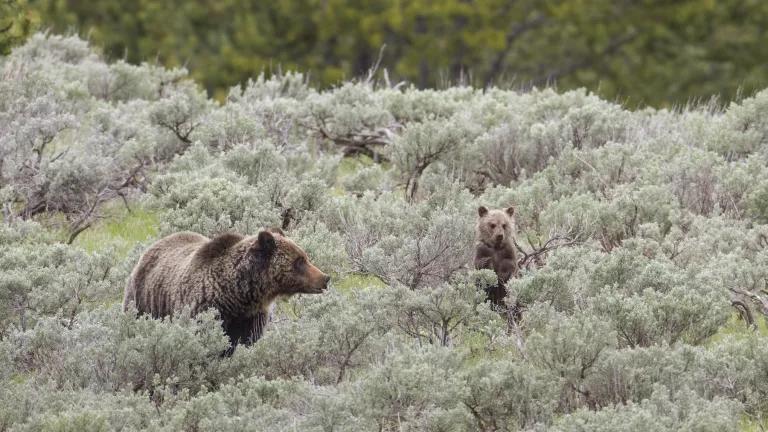
Poachers have made the small, shy pangolin into the most trafficked mammal in the world. It desperately needs human defenders—and yesterday those defenders came through.
Yesterday in Johannesburg, pangolins — animals that very much prefer to keep to themselves — hesitantly stepped into the international limelight.
You could be forgiven for not knowing what a pangolin is. All eight species of this scaled mammal, which looks like a cross between a small anteater and an armadillo, are native to Asia and sub-Saharan Africa. Since they frequently die in captivity, most zoos don’t even try to exhibit them. (Nor should they.) But even if a zoo did have one on display, it might prove difficult to see: Pangolins are nocturnal and extraordinarily shy, and so they generally do whatever they can to remain hidden from view.
Unfortunately, their innate shyness hasn’t been enough to keep them from being spotted — and killed — by poachers. Thanks to a robust international market for their meat (which some consider a delicacy) and their scales (which some believe, erroneously, to have medicinal or virility-enhancing value), pangolins have become the most illegally trafficked mammal in the world. More than one million of them, in fact, have disappeared at the hands of poachers over the past decade.
But because pangolins aren’t nearly as well known as other species whose populations have been decimated by poaching, their plight hasn’t gotten the attention that it deserves. Until now, that is.
Earlier this month, sustainability leaders from around the globe gathered in Honolulu at the IUCN World Conservation Congress, a quadrennial gathering where hundreds of experts meet to define, debate, and explore the most pressing conservation issues of our time, with an eye toward shaping public policy. At this year’s conference, NRDC submitted a motion — cosponsored by 18 other organizations — that called for supporting the transfer of all eight pangolin species to a higher category of international protection, an act that would effectively shut down the legal trade in pangolin parts.
With overwhelming support, the motion passed. Thus was the stage set for an official, coordinated pangolin rescue mission later in the month, when many of the world’s wildlife-protection leaders would be meeting in Johannesburg at the Convention on International Trade in Endangered Species of Wildlife Fauna and Flora (CITES).
The CITES conference opened on Tuesday. And then, yesterday, it happened. In the face of opposition from several of the biggest and most populous countries in attendance, two proposals to up-list pangolins from Appendix II status to Appendix I status were made. And they passed. Assuming that they’re confirmed when the convention’s votes are finalized and formalized during next week’s plenary session, pangolins will very soon enjoy a level of international protection consistent with their status as “a species threatened with extinction.”
The scales of the pangolin (which are chemically almost identical to human fingernails) have no medicinal value — and it should go without saying that they confer no magical virility-enhancing powers on those who consume them. Much of the market demand for pangolins’ body parts is rooted in precisely the same type of fallacies that have already led to the near-extinction of certain rhino species.

But without a massive, multinational public-relations campaign to advocate on their behalf, pangolins were suffering — and their numbers were dwindling — in an atmosphere of relative obscurity. Now, however, these scaly, inconspicuous, lovably weird animals have a chance to bounce back.
If they do, it will be attributable in no small part to the efforts of those who have dedicated themselves to helping pangolins, by raising public awareness or by nursing the injured animals back to health, one by one, after they’ve been injured by poachers and seized by law enforcement. It will also be because groups like NRDC and others continue to recognize that conservation is, in the end, a holistic effort. When we let any one species die out, even one as small and unassuming as the pangolin — entire ecosystems suffer and are forced to absorb the shock.
Pangolins don’t deserve to go extinct because of medical misinformation or culinary trends. In fact, they don’t deserve to go extinct for any reason. And yesterday, thankfully, they took a big step out of the shadows toward a much sunnier future.



